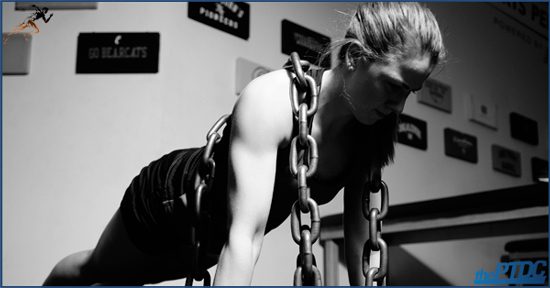Athletic trainers and personal trainers should benefit from each other's knowledge. But this relationship rarely exists.
An athletic trainer is a health care professional that specializes in injury rehabilitation, prevention, and diagnosis. A typical athletic trainer will work with sports teams and act as a liaison between coaches, parents, and doctors.
Athletic trainers deal with the daily grind by helping athletes get prepared for practice and games, writing rehabilitation programs for injured athletes, and taking care of the overall health of the athletes. One athletic trainer can be responsible for hundreds, or even thousands, of athletes at any given time.
How a Personal Trainer Can Benefit From an Athletic Trainer
A personal trainer can learn a lot from an athletic trainer about creating a program for someone with pain, identifying faulty movement patterns, and how to deal with a client who recently had an orthopedic surgery.
Athletic trainers know a plethora of special tests to identify specific orthopedic problems. Many athletic trainers have special training in movement screens to identify and quantify faulty movement patterns that can lead to injury. Integrating a movement screen and special tests to your personal training practices (or even your sales pitch) can improve your value to your clients.
Athletic trainers, and specifically high school athletic trainers, have access to many athletes of different sports. Simply rotating through different sports populations can create a steady flow of clients for you throughout the year.
For example, from May to July you could take on a group of JV football players, then from July to October you could train a basketball player and so on. Most high school athletes will have 3-4 months before the season starts to commit to any offseason training so plan ahead to find these athletes at the right times of year.
How an Athletic Trainer Can Benefit From Personal Trainers
An athletic trainer should love to have someone that can keep their athletes from getting injured and therefore make their job easier. Collaborative offseason training with a knowledgeable personal trainer benefits both sides (including the client), especially if the athletic trainer had some input into the program design.
To harbor a relationship between an athletic trainer and personal trainer, the personal trainer will typically have to reach out to the athletic trainer.
Most high schools and colleges will have at least one athletic trainer on staff and he/she can be reached by calling the athletic department. That said, don't be offended if the athletic trainer doesn't welcome you with open arms. As a group, athletic trainers can be a bit standoffish; just keep politely asking for a time to meet with them. Many athletic trainers have had negative interactions with personal trainers in the past so it may take some time to break down these barriers.
Once you've been able to meet with an athletic trainer in person, figure out what the biggest obstacles the athletic trainer is facing in terms of injuries to their athletes. Collaborate and use both skill sets to come up with a general training goal for a specific sport or position to overcome the obstacles.
If the athletic trainer has an input into the training program, he or she will be more adamant about referring athletes to train with you in the offseason. And they'll be happy when their athletes come into the sport season in great shape from a trusted ally -- and the personal trainer can count on year round referrals.










